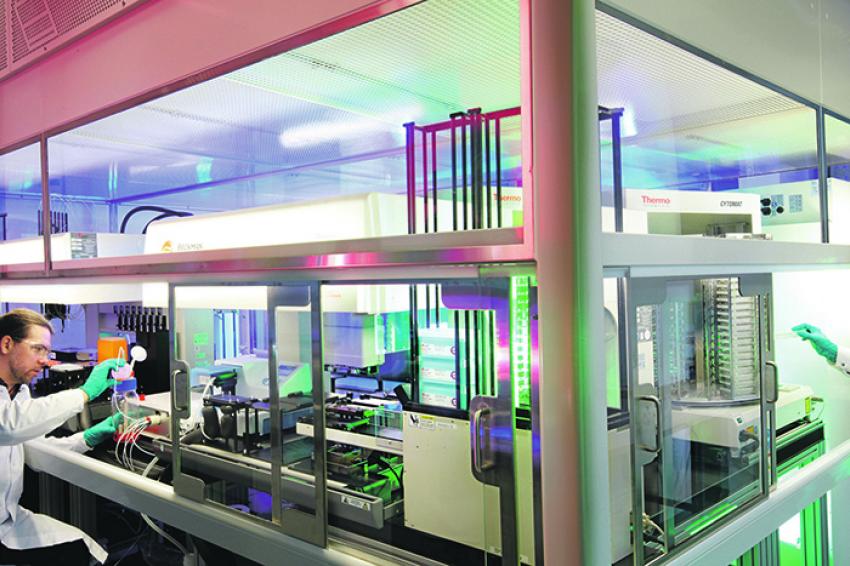Bayer Buys Cell Therapy Specialist BlueRock
09.08.2019 -
Bayer has announced it will pay for $240 million upfront to acquire all of BluerockTherapeutics, a privately held US-headquartered biotech in which it currently holds more than 40%. The company will continue to operate independently.
Established as a joint venture between Bayer and Versant Ventures in 2016, Cambridge, Massachusetts-based BlueRock specializes in developing engineered cell therapies in the fields of neurology, cardiology and immunology, using a proprietary induced pluripotent stem cell (iPSC) platform. The start of its first clinical program in Parkinson’s disease is expected later this year.
Closing of the transaction is expected during the current third quarter, when the German group will pay cash for the 59.2% of jv it does not yet own. An additional payment of $360 million is foreseen to be paid on achievement of pre-defined development milestones. The total reflects an implied company value of up to $1 billion, Bayer said.
Stefan Oelrich, Bayer managing board member and president of the Pharmaceuticals division, said the buyout is “In line with our strategy to ramp up our investments in technologies with breakthrough innovation potential.” He added that the Leverkusen group has decided to build its own cell therapy pipeline based on BlueRock’s “industry-leading iPSC platform,” as a step toward delivering new treatment options for unmet medical needs.
With the acquisition, Bayer will gain full rights to the biotech’s CELL+GENE platform, including a broad intellectual property portfolio and associated technology platform that encompasses proprietary iPSC, gene engineering and cell differentiation capabilities.
Emile Nuwaysir, BlueRock’s CEO, said the company has built a “premier cell therapy platform with industry-leading R&D, process development and manufacturing capabilities.” Bayer’s expertise will further enhance its ability to pursue the discovery, development and commercialization of revolutionary new cell therapies for patients suffering from diseases previously thought of as intractable, the CEO said.





